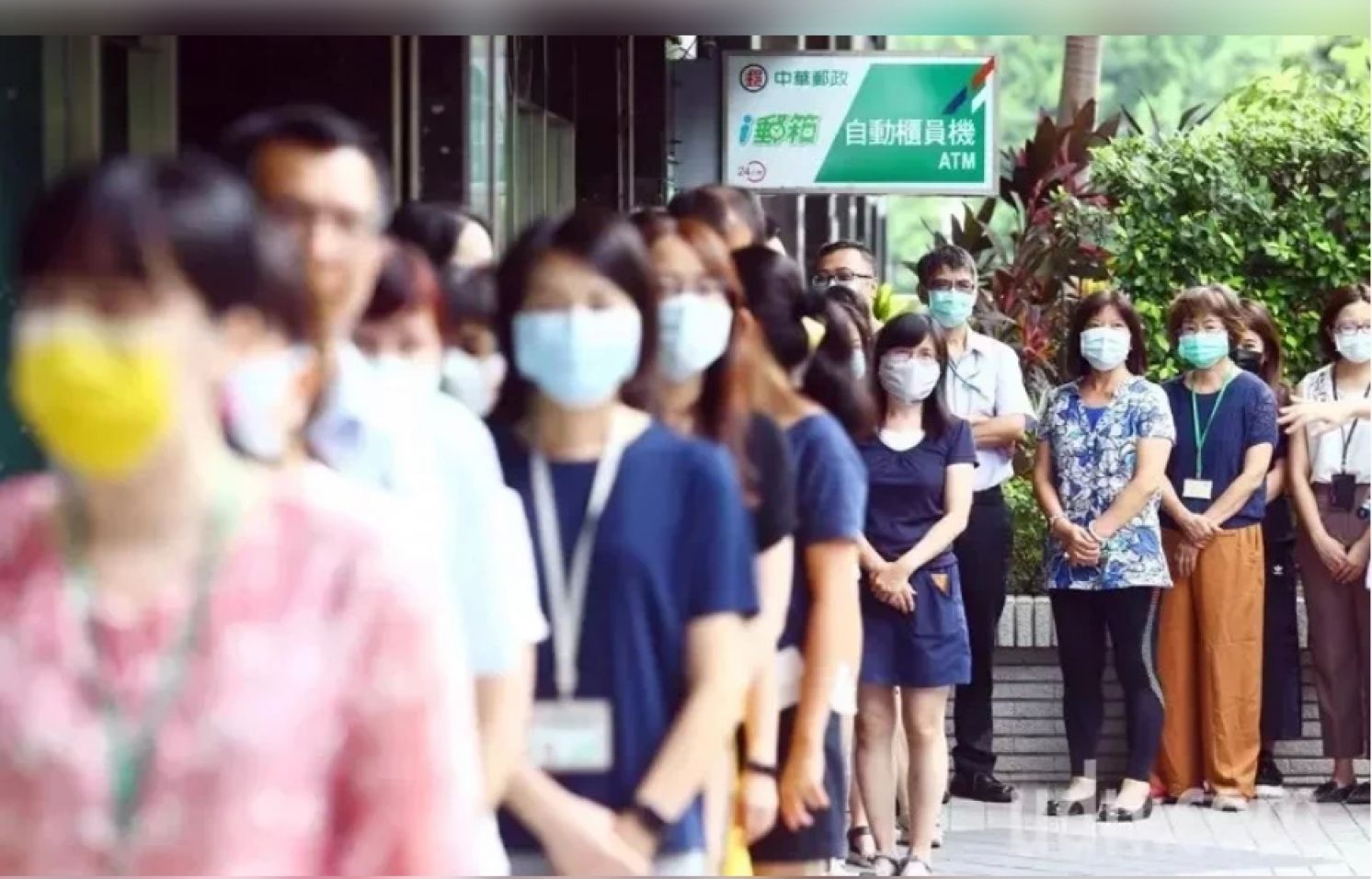
Triple Stimulus Voucher, Product of Control-Freak Administration, Harshest in History
United Daily News Editorial, July 11, 2020
This month, Taiwan is launching its "Triple Stimulus Voucher" program to help boost its sagging economy amid the coronavirus (COVID-19) pandemic. The program allowed Taiwanese citizens as well as their foreign spouses to purchase vouchers worth NT$3,000 (about US$100) for the price of NT$1,000 (about US$33). The scenario for the said program had been wrong all the way, and it repeatedly deviated from the expectations of the people.
The device and guidelines of the stimulus voucher were a self-righteous masterpiece by a "control freak" government. Compared with other countries, Taiwan's stimulus vouchers had several characteristics:
- First, the people of Taiwan received the lowest amount of bailout money in the world.
- Second, the related guidelines were the most complicated.
- Third, the only bailout money that needs to be paid for "repurchase" as a pre-condition.
- Fourth, the procedures to pick up the stimulus vouchers were costly and time-consuming.
- Fifth is that it is illegal for the holders of the National Health Insurance (NHI) card to collect the stimulus vouchers, though the government had knowingly noted it.
The issuance of stimulus vouchers has been further complicated by the restrictions on the positive list or on the negative list. For example, whether stimulus vouchers can be used to purchase Taiwan High Speed Rail return tickets, the official website had originally placed them on the positive list, and then quietly wrote them off. But at the same time, the Taiwan Railways allowed holders of stimulus vouchers to buy multiple trip tickets. The different practices made people puzzle.
The cause of this chaos lay in the fact that the Tsai administration has insisted on distinguishing the stimulus vouchers from the consumer vouchers issued by the former administration of President Ma Ying-jeou. Consequently, it was necessary to devise it as a "NT$1,000 in exchange for NT$3,000 model", also known as triple stimulus voucher model. As a result, the knotty and lengthy implementation procedures abruptly popped up, and the cost for voucher issuance and manpower as well was on the upward spiral. Whether the stimulus voucher could play the role of economic revitalization was yet unknown. Due to the long lead time, the stimulus voucher had obviously delayed the consumption of the general public.
Moreover, the cost of voucher issuance was estimated to be as high as NT$1.2 billion, equivalent to about US$40 million. In fact, if the Tsai administration sought to display its "progressive value" than the former Ma administration, it could pay in cash and directly transferred the bailout money into the individual accounts. In this way, the people saved time to form the queue, while convenience stores and the post offices need not to play the role of temporary workers.
However, Premier Su Tseng-chang, a politician notorious for his blatant use of his position, refused to let go of his natural ability to exercise control over people. His success in mask control during the cornavirus attack justified his ignorance of the suffering of people queuing for face masks. Su even took the convenience stores and the post offices across the island for granted by keeping them under thumb. Therefore, history repeated itself. People would remerge to join a long queue for stimulus vouchers. Did Premier Su really realize the administrative efficiency of running a nation?
Since January this year, the main job of the government has been focused on face mask control. Unfortunately, the tasks of rapid virus screening and general virus screening had been set aside. The focus was shifted to economic revitalization, and the moniker for a single voucher and its related guidelines had been changed three times, as if Taiwan’s economic revitalization confined to the stimulus voucher only. Does the said voucher serve as the whole vision of this "big government"?
In face of the coronavirus, mainland China had effectively controlled the pandemic with a high degree of administrative centralization. In contrast, a democratic United States had lost control of 50 states, because of each state’s own volition. These two extreme examples should not be reduced to an authoritarian China to turn around its novel coronavirus infections. As for Taiwan, could she be called a new paradigm of a democratic nation to effectively control the pandemic? While looking at the iron fist policy adopted by Premier Su’s cabinet, the answer is definitely no.